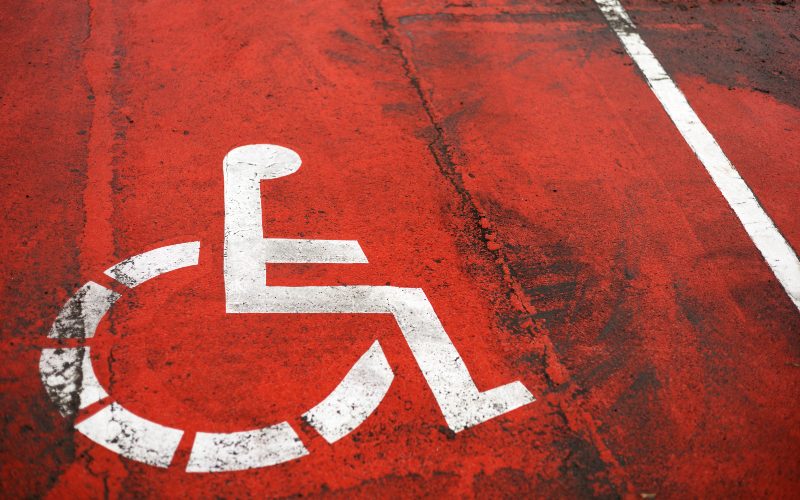Publishers warn of delays in Grade 10 textbooks rollout over Sh3 billion government debt

KPA chairperson Kiarie Kamau said the outstanding amount relates to books supplied earlier this year for Grade Nine and other levels, adding that the delay is straining the entire value chain.
The Kenya Publishers Association (KPA) has called on the government to settle a Sh3 billion debt for textbooks already supplied, warning that delayed payments could stall preparations for the rollout of Grade 10 learning materials scheduled for January.
KPA chairperson Kiarie Kamau said the outstanding amount relates to books supplied earlier this year for Grade Nine and other levels, adding that the delay is straining the entire value chain.
More To Read
- Revised fees framework to address parent concerns ahead of 2026 senior school transition
- MPs demand fresh audit of Sh11.6 billion KICD textbook pending bill over distribution discrepancies
- Publishers warn Sh11.4 billion debt may delay Grade 10 textbooks ahead of senior school rollout
- Africa’s Sh905 billion book industry faces challenges despite growth potential - UNESCO
- Publishers plead with State to remove 16 per cent VAT on books
- Kenya Publishers Association honours Ngugi wa Thiong’o with Hall of Fame induction
“We remain optimistic that the government will pay our dues in time to enable smooth printing and distribution of the next set of Grade 10 course books,” Kamau told reporters during the launch of the Nairobi International Book Fair.
“Financing is the real challenge. Unpaid bills strain not only publishers but also printers, distributors and other service providers critical to the value chain.”
Kamau revealed that publishers have already supplied textbooks worth Sh200 million to ensure every learner has at least one book. He noted that another major distribution round is scheduled between October and December for senior schools.
Piracy, he warned, continues to erode industry revenues, with publishers losing up to Sh250 million annually due to illegal sales of books at throwaway prices.
On taxation, Kamau criticised the 16 per cent Value Added Tax (VAT) on books, arguing that it makes learning materials unaffordable for many households already grappling with the high cost of living.
“By taxing books, we tax education. We urge the government to scrap tax on books… this will enhance access to knowledge,” he said.
He further highlighted the role of Artificial Intelligence (AI) in the sector, describing it as an emerging tool that is “already exerting a profound influence on publishing, serving as an enabler to improve quality and efficiency.”
As part of the government’s “go green” initiative, KPA announced that each publishing house will adopt a Nairobi primary school for tree planting.
“Publishing consumes tonnes of paper every year… we shall be going green in the city of Nairobi. Each publishing company has been assigned a primary school to plant trees,” Kamau said.
Meanwhile, the upcoming Nairobi International Book Fair will honour literary icon Professor Ngũgĩ wa Thiong’o, who will be inducted into the KPA Hall of Fame.
According to NIBF chairperson Mary Maina, the recognition is in honour of Ngũgĩ’s immense contribution to Kenyan literature and education.
The 26th edition of the fair will run from Wednesday, September 24, at the Sarit Expo Centre in Westlands, Nairobi.
Prof Ngũgĩ, who passed away on May 28 in Atlanta, Georgia, aged 87, was one of Africa’s most celebrated authors and scholars. His novels, plays, and essays interrogated themes of colonialism, cultural conflict, identity and social justice.
He was also a strong advocate for African writers to embrace indigenous languages, insisting that language was central to cultural liberation.
Though his death marked the end of an era in African literature, his legacy continues to inspire readers and writers across the world.
Top Stories Today










































